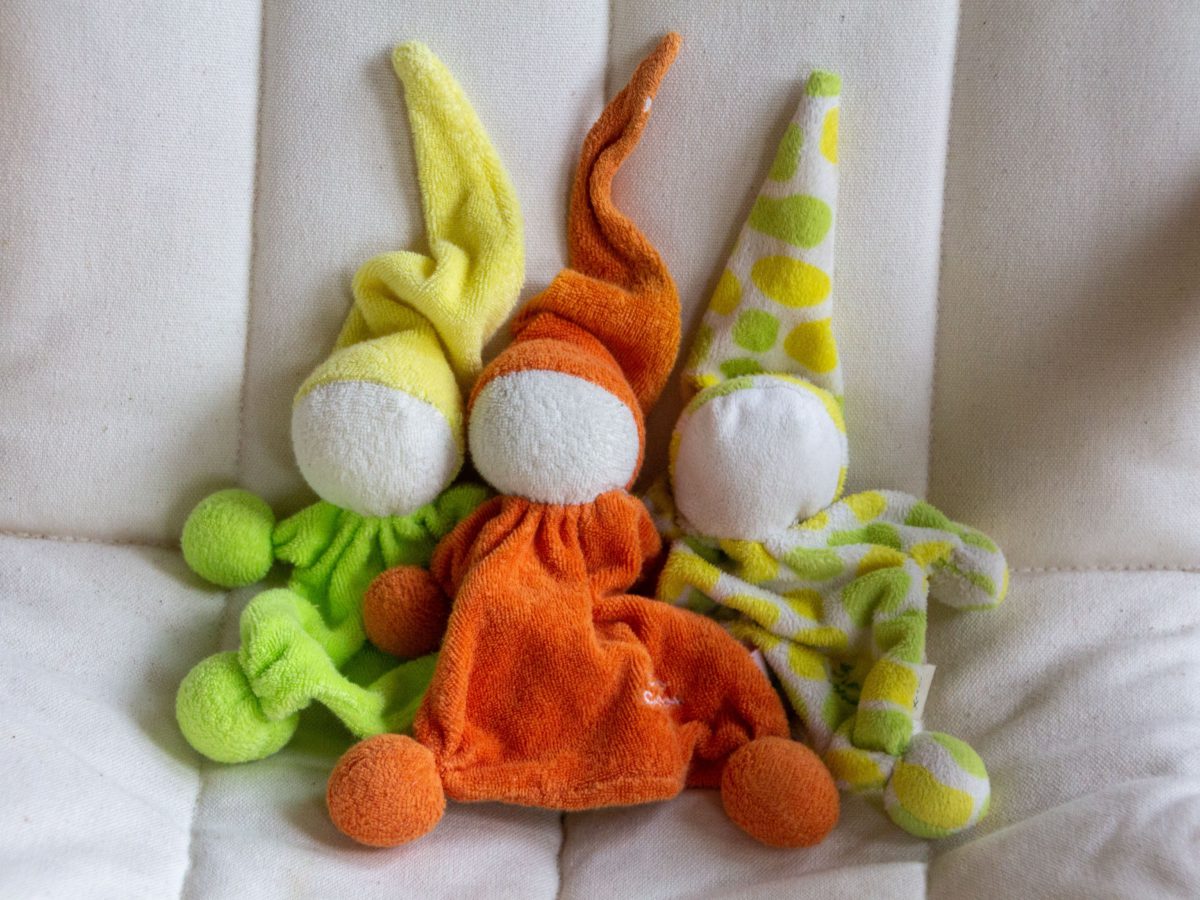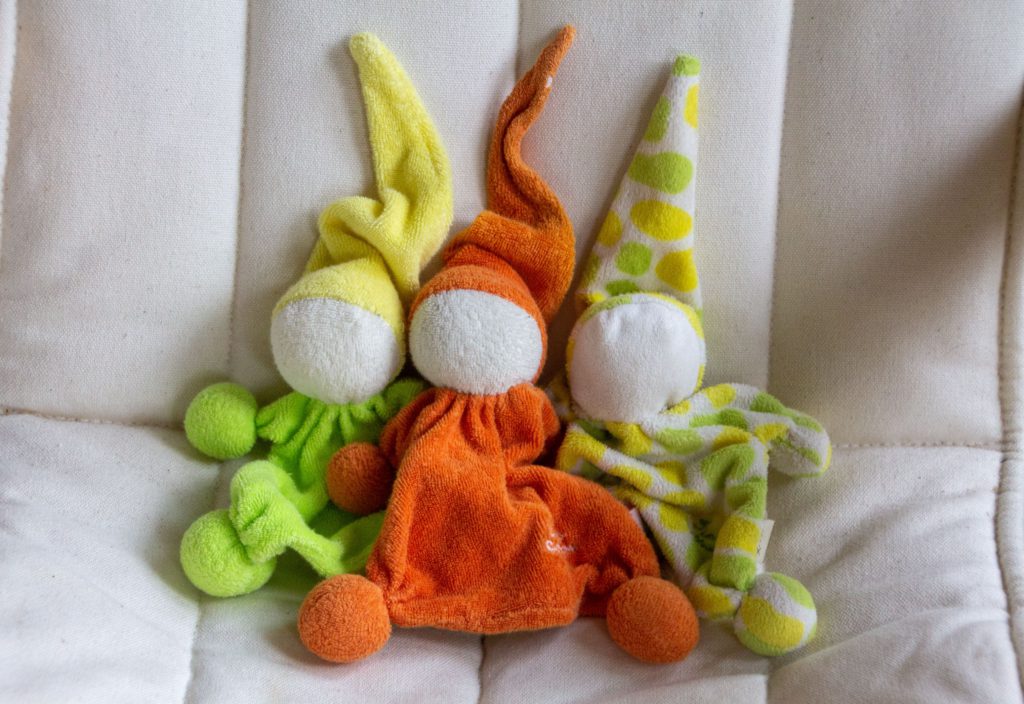Gravida 3 para 1


Simply writing the title of this post causes my throat to tighten and a pricking to start behind my eyes. It is probably incomprehensible to most people. It appeared at the top of my pregnancy record when I was pregnant with my second child. ‘Gravida’ is the number of pregnancies the mother has had, including the current pregnancy, ‘para’ the number of live births. The number on the right is always, for every pregnancy record, at least one lower than the number on the left, as the current pregnancy has yet to result in a birth. But when the gap is more, this terse piece of jargon hides a world of pain.
Once my partner and I had decided we wanted a child, I became pregnant very quickly. Ridiculously quickly, so much so that my partner jokingly proclaimed his pride in his ‘good aim’. The speed so surprised me that when I experienced implantation bleeding, I thought nothing else than that my period had started, and felt no qualms in drinking a glass of wine that evening, although I had abstained up until then. However, the next day the bleeding stopped, and not long after that we had the positive pregnancy test in our delighted, unbelieving hands.
Together, we went to see the midwife, who gave me a check and reassured me on my worries about the glass of wine I’d drunk. From her, we received the first present for our new baby, a little cloth pixie. We of course knew that there was a risk of miscarriage, and for that reason we kept the wonderful news to ourselves. But as I entered my eleventh week of pregnancy, and the date for our first ultrasound approached, it seemed we were over the danger period.
Sp. ab 11+5
On the fifth day of the eleventh week of my pregnancy, I started to bleed. It was at the weekend, and I spent an anxious time trying to relax, while waiting in dreadful anticipation for when it was time to go to the toilet again. After a while, the cramps started, and in the course of the painful night that followed, I finally knew for sure what had happened, and said softly, ‘Goodbye, little one’.
Even so, our midwife advised us to keep the ultrasound appointment, to check all was well. I went in primed to say what had happened, straightaway, to avoid any painful confusions. But even as I hung up my coat, the ultrasound technician cheerfully asked, ‘So, is it the first pregnancy?’. I stayed with my back to her, trying to choke down the tears, while my partner quickly explained the situation. Thankfully, the ultrasound scan was both a conclusive end to any remaining hope, and a positive sign that there seemed to be no underlying cause.
No cause? But still my baby had died, so for someone with my scientific bent, there must be a cause. That glass of wine was the source of a lot of guilt, as were various random things I had eaten or done. But I had one unique stick to beat myself with. I had always taken pride in not being a ‘girly girl’. Once, in a psychological test designed to identify gender, I had chuckled in willful contrariness at discovering it scored me as a boy. Now, however, this pride turned against me. The conclusion to me was clear – I had lost the baby, because I was not feminine enough to be a mother.
I told no one but my close family about the miscarriage, and then only because I knew there was no way I was ever going to touch alcohol again while we were trying to conceive, and I was already sick of having to make up lies about mythical bladder infections requiring long courses of antibiotics. I was totally unprepared to hear from my father that my mother had also lost a baby. Stranger still, the miscarriage had occurred between the birth of my sister and my own birth. Without that miscarriage, I would not exist. It was a relief to not have to tell anyone else, although it was hard to have to go to work as if nothing had happened. It was particularly difficult when an announcement card arrived for the birth of the first son of friends of ours – born on the same night we had lost our own baby. Despite keeping my silence, my radar was on full alert, and soon I picked up on the fact that this had happened to far more friends and family than I would ever had imagined. Gradually, I came to consider the enormous complexity of the development of a foetus, which makes it seem a miracle that a healthy baby is ever born at all, rather than a failure when one doesn’t develop properly. We were also incredibly lucky compared to a friend who nearly lost her own life, in addition to her child’s, due to complications in late pregnancy, or to a couple we knew who had to go through burying every male child they ever conceived, or to a colleague whose wife had to terminate her pregnancy upon hearing that the baby had no chance of survival. We had not even heard a heartbeat or seen an ultrasound, what was our loss compared to theirs?
In a stroke of luck, it didn’t take us long to conceive again. The first three months were an agony of waiting and worrying. Then, in the same room where we had received final proof of the loss of our first child, I lay on the bed waiting anxiously to see if this time would turn out better. The ultrasound probe had barely touched my stomach when we saw the baby, tiny but perfect.
As my pregnancy continued, the kicks and prods of the baby in my belly provided regular welcome reassurance that all was well. I remained nervous, however, and interpreted a repetitive twitch from the baby as possible evidence of a neurological disorder. The midwife quickly dispelled this concern. The baby had the hiccups.
One particular worry still weighed on my mind. What if I really was simply unsuited to be a mother? What if I didn’t experience that wonderful loving bond that everyone talked about? When, after an easy home birth, our daughter first saw the light of day, we were so amazed by this strange new being, that we never even thought to ask if it was a boy or a girl. I couldn’t believe the wonder of this new life – but I also couldn’t feel any sense of connection. Doubt gnawed. That night, sleeping in our bed with the baby nearby, I heard a strange sound. What was it? Not a cry. There it came again – ‘hic’. ‘There you are’, I thought. ‘That was you, all the time’.
Gravida 3 para 1. Three pregnancy tests tucked away, three cloth pixies on the toy shelf. One sadness that will never go away. But, also two beautiful girls, who I love more than anything else in the whole world.